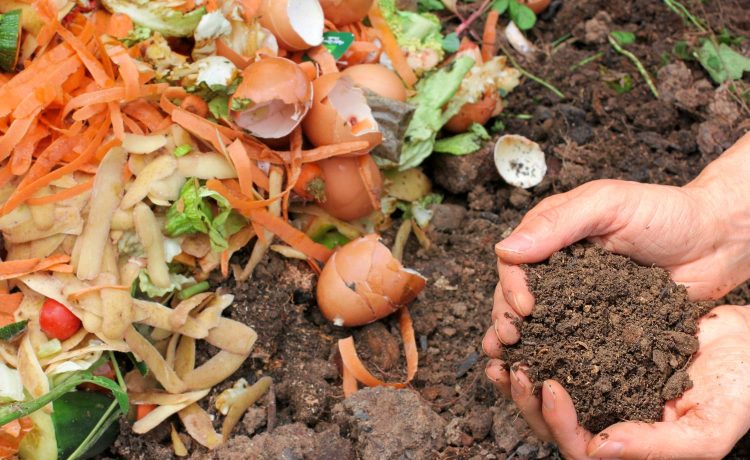Composting is a great way to eliminate waste and make nutrient-rich soil for your garden. But a number of gardeners experience the annoying difficulty of pests infiltrating their composters. The buzzing of flies around decomposing material, the sound of rodents burrowing into organic waste, and pests and insects creeping up on ongoing waste can be a nightmare for your sustainable practice.
These bug issues can really turn away people from continuing to compost. The odor, the mess, and he health risks all form very real barriers to having a healthy compost system. What may be most of a concern for a lot of homeowners, however, is attracting bigger pests such as rats or raccoons to their property with poor composting practices.
Most compost pest problems can be solved by identifying what attracts pests and by utilizing sound management practices. Minor tweaks in your composting procedure will frequently get rid of these issues properly. Studies have demonstrated that well-managed compost bins can attract 85% fewer pest species than poorly managed ones.
For heavy infestations or stubborn infestations, a professional pest control service can deliver a keenly balanced attack! Being proactive means you do not let minor pest issues turn into problems that can impact your home and garden. This website will also help you talk to one and guide you in the right direction.
Why Do Pests Come In Your Compost Bin?
Compost bins are a haven for pests for a number of reasons. Decaying organic matter provides a food source for flies, ants, and other insects. The wet scavenging of kitchen scraps is a perfect place for most pest species.
Moisture imbalances between “wet and dry” compost ingredient mixes usually are responsible for the odors that indicate food is available to rodents and the larger animals. In the absence of adequate aeration, this anaerobic digestion releases a particularly smelly gas that can travel long distances. Moreover, certain substances, such as meat bits, dairy items, and greasy stuff, serve as strong lures to unwelcome guests.
Uncontrolled temperature yeast swings create bread havens for tons of pests in the compost. The warm, damp surroundings are perfect for reproduction and habitation, turning your bin more into a pest house rather than just a means of waste processing.
How to Manage Them?
Maintain Proper Compost Balance
If the perfect carbon-to-nitrogen ratio is achieved, most pest problems will never materialize. Combine brown materials like dried leaves, paper, and cardboard with green materials like vegetable scraps and grass clippings. This balanced system cuts down on smells that may draw pests and aids in decomposition.
You want your compost pile to be lightly moist, but not soaking. Too much water results in anaerobic conditions, which lead to foul smells and attract flies. Incorporate dry matter when the pile gets too wet, and water if it seems too dry.
Choose Appropriate Materials
Do not throw meat, fish, dairy products, oils, or pet waste in a compost bin. They are stinky, smelly things and will attract rats, flies, and lord knows what. And stick with vegetable scraps, fruit peels, coffee grounds, and yard waste for best results.
Chop up food scraps before tossing them into your compost. Letting the scraps decompose into smaller pieces will speed up the decomposition process and lessen the amount of time for the pests to notice your bin.
Implement Physical Barriers
To eliminate rodents getting into your compost, put hardware cloth, screening, or mesh around your compost bin. Bury the barrier several inches below the ground to prevent burrowing animals from entering the compost from below.
Keep a lid on your compost bin to keep pests out and odors in.
Regular Maintenance Practices
Mix and turn your compost pile as often as necessary to keep it toasty. Composted well with aeration, the anaerobic conditions that attract the bugs are minimised, and the compost goes down a treat. Compost piles that are turned on a weekly basis have 70% less pest troubles than those that are neglected, according to statistics.
Check it weekly for the presence of pests. Early spotting provides for a rapid response, nipping small problems in the bud before they can turn into full-blown infestations.







